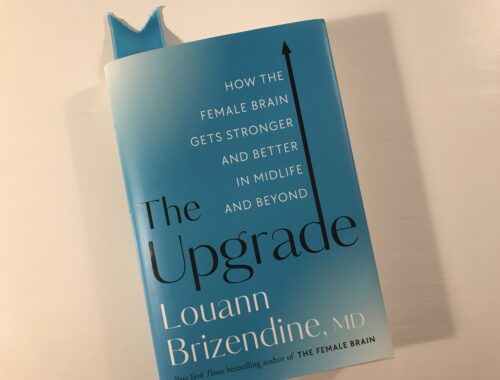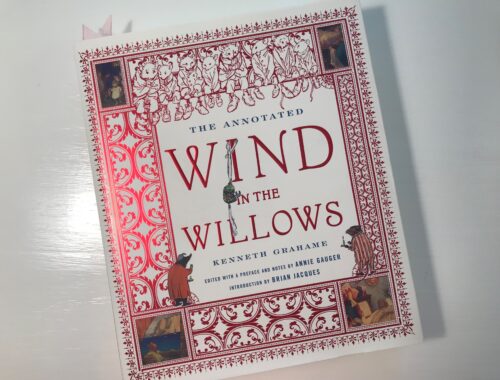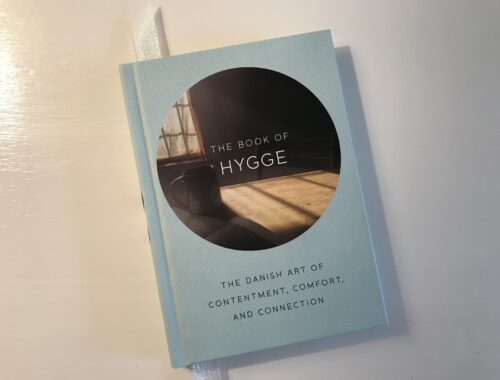
Cloud Cuckoo Land
One of my main requirements of the literary fiction I read is that I fall more deeply in love with life and have my own humanity expanded by the author’s text, especially the author’s perspective on the characters that populate the story. This expansion, these revelations, can take many forms, but I don’t want to come away from my hours of immersion feeling disheartened by humanity, more suspect of my fellow travelers, less hopeful about all of us engaged in this beautiful mess together. I want to understand people better, have greater access to my own heart and imagination, find my sightedness newly amplified, as if looking through prescription lenses for the first time again. There they are, the leaves on the trees that used to be a blur; there those are, that person’s motivations that used to be a mystery; there it is, my longings fulfilled in tracing the arc of another’s persistent life. I have yet to read Anthony Doerr’s All the Light We Cannot See, but I have read his shimmering short story collection The Shell Collector, and I just finished last Saturday his latest glory, Cloud Cuckoo Land. A beloved new friend and I spent awhile this afternoon talking about it—and all the other things that opened up for us related (and not!) to it.
Usually, when I have recommended a book to you, it’s something that can be read over a weekend. Unless you’re willing to shelve most (all?!) other plans—or to do a deep cleaning of the kitchen (and then try to finish a complicated puzzle started by friends) while listening to the book on Audible, as I did—this probably isn’t a weekend read. But it’s worth the time its 622 pages take, an astonishment of an artistic accomplishment that manages to weave four genres together to create something entirely itself: an invented ancient text, historical fiction, a suspense novel, and speculative/science fiction. The protagonists are children for most of the novel; even in their (briefly narrated) adulthoods, they retain their sweetness—and their story is not meant to be read by children, but by us adults who all once were and often have children. Doerr loves his major characters and develops our sympathies for them even when (because?) one of them goes seriously sideways and all of them have significant traits that consign them to societal fringes. The heroic adults in the story are teachers and librarians; stories that have been written down on paper are themselves heroic characters. The adults (in armies, corporations, or technology) either caught in or perpetrating bad situations are peripheral and Doerr explains them in a neutral tone, so we—along with the children who are the innocents who take the brunt of the machinations of history and society—concentrate on finding our way through the book(s) that lead to illumination, to survival, to love. All the love.




